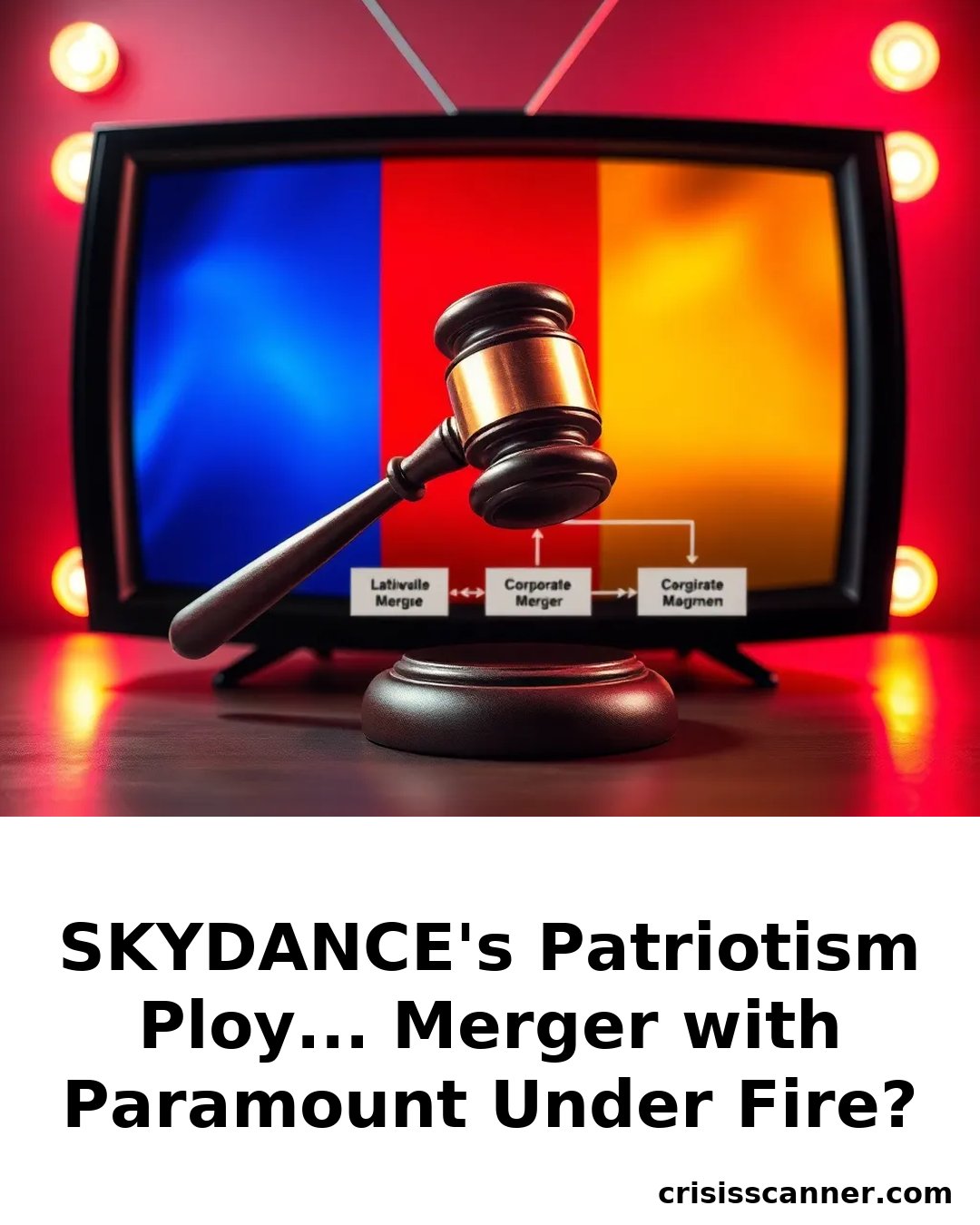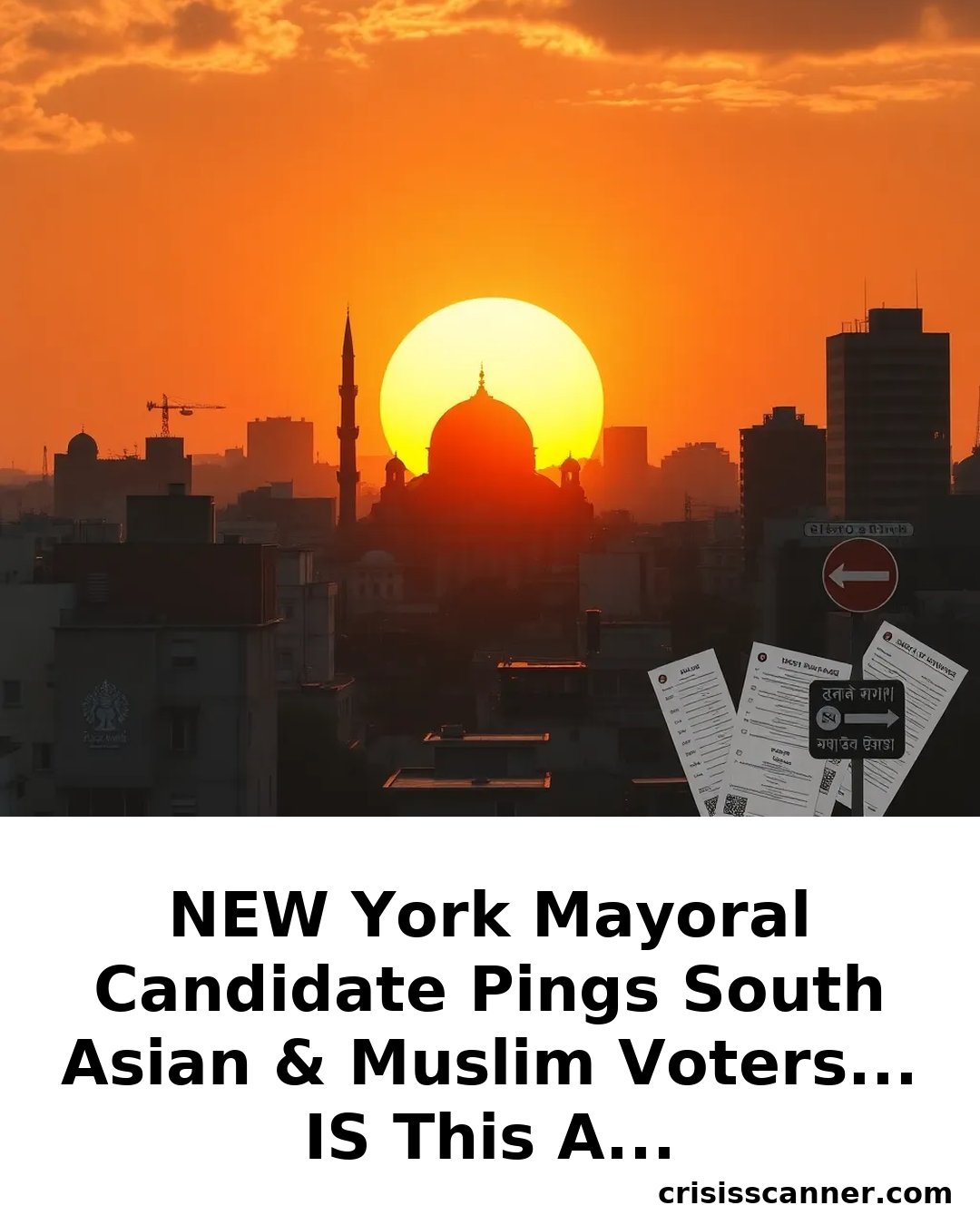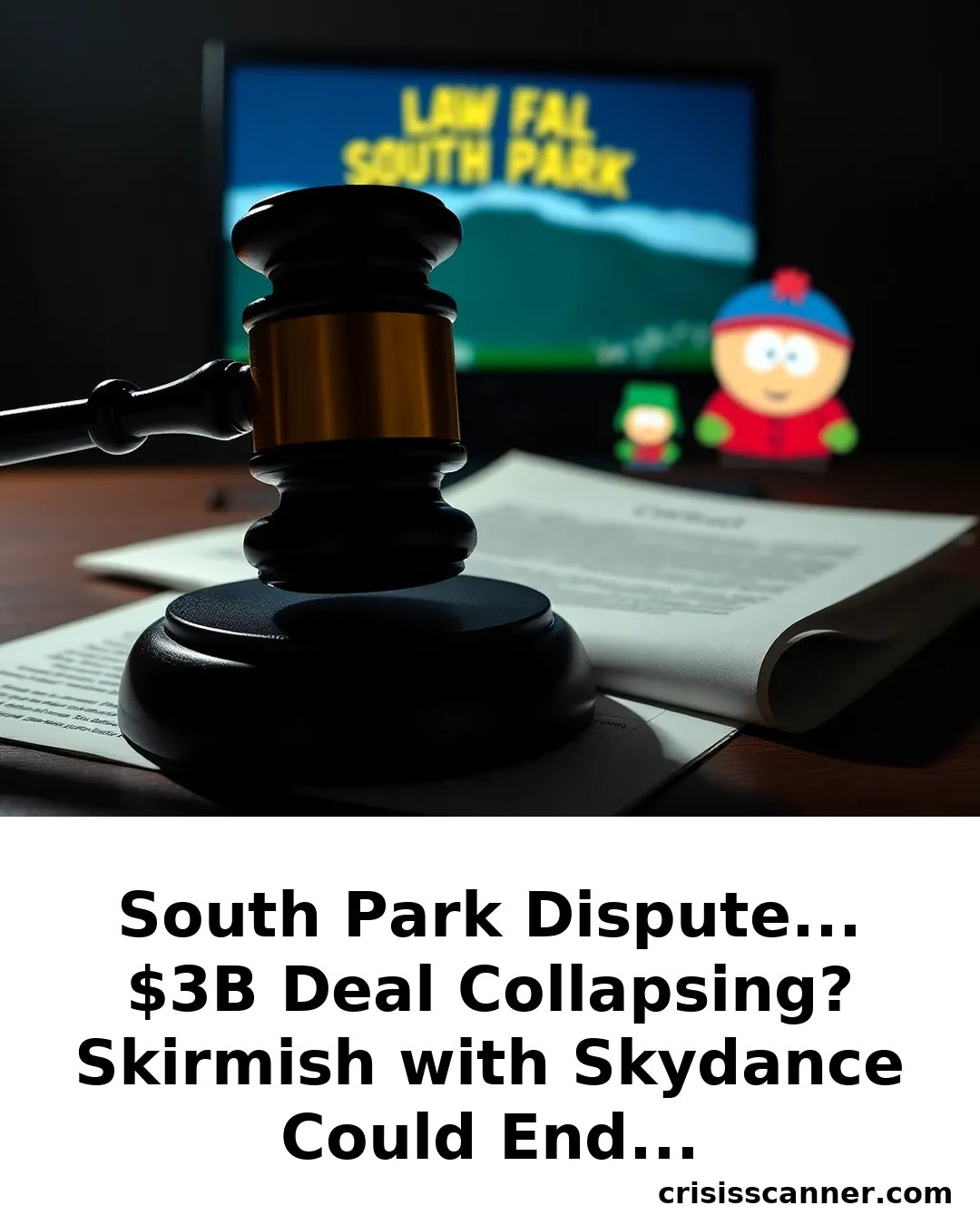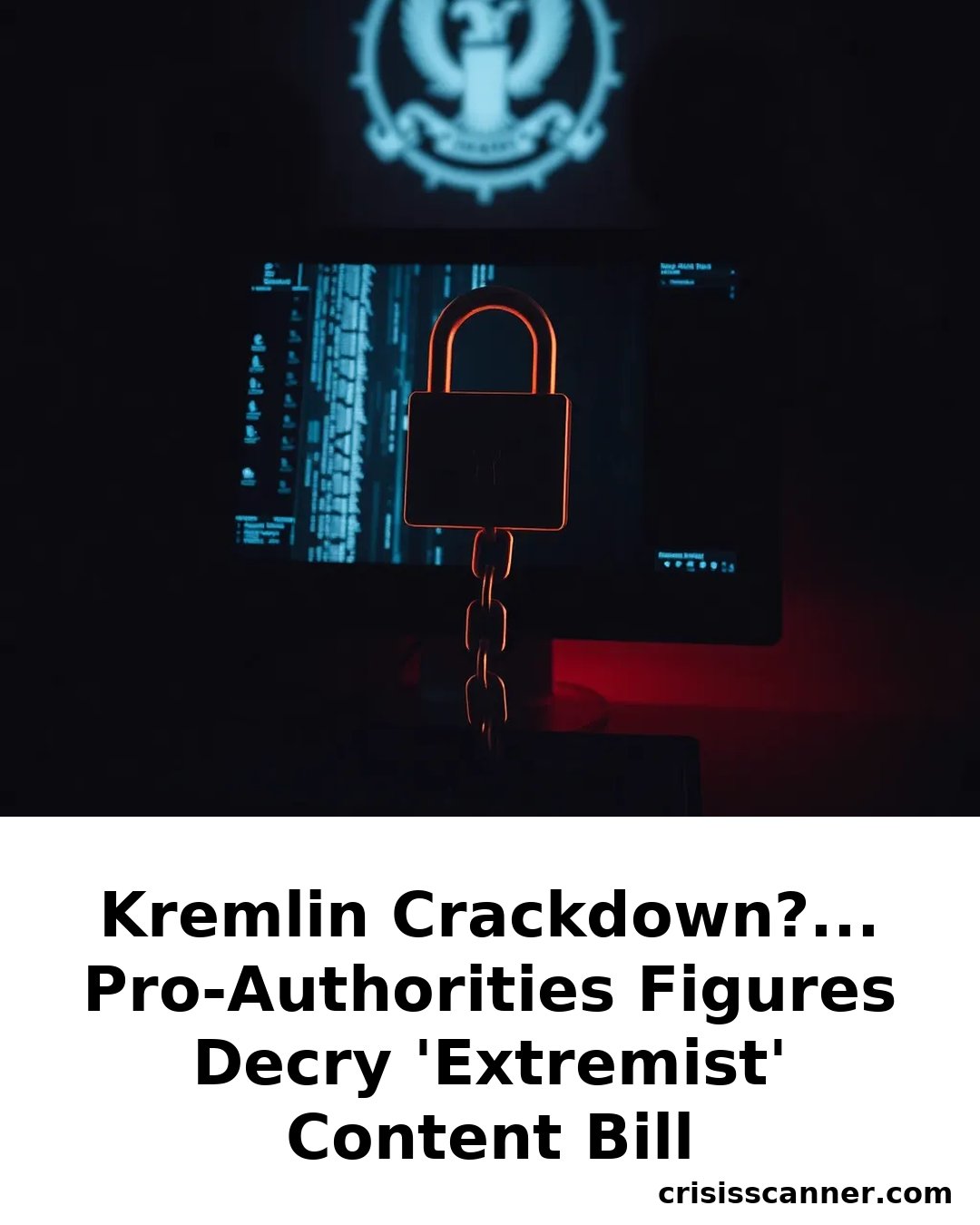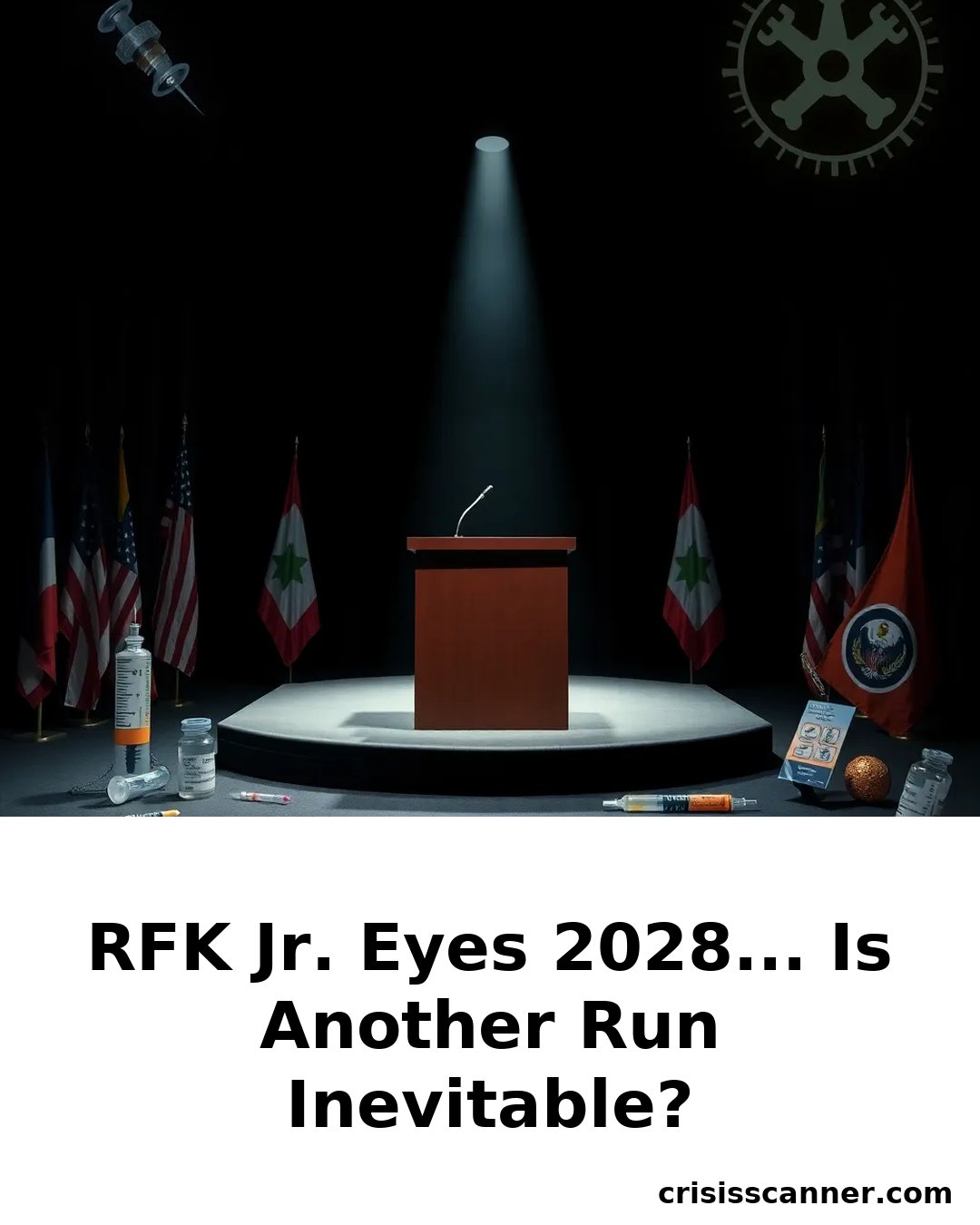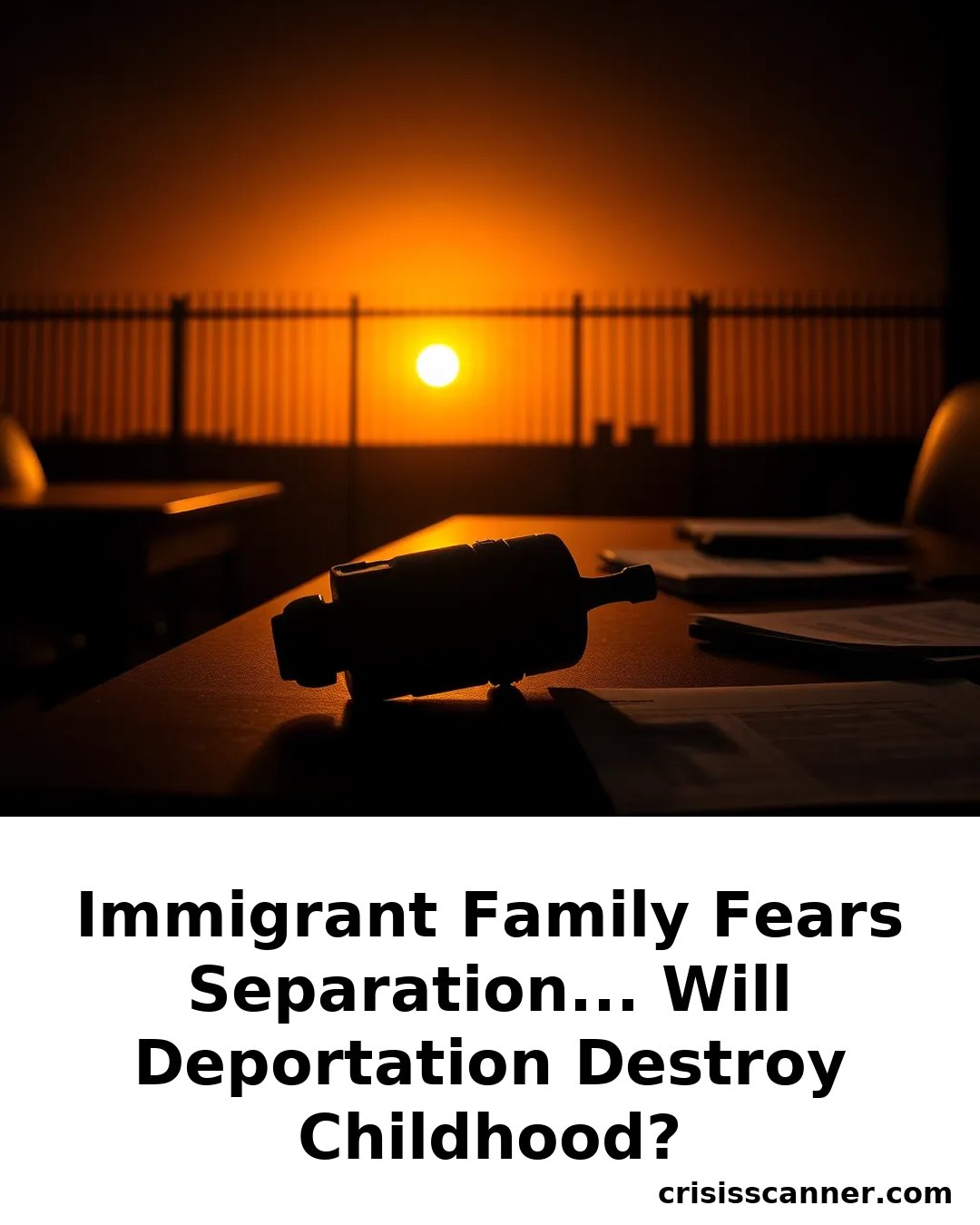The proposed law, passing its first reading in the State Duma, signals a tightening grip on online discourse by criminalizing access to 'extremist' content, with fines up to 5,000 rubles. Key pro-Kremlin figures, including Margarita Simonyan and Yekaterina Mizulina, publicly oppose the bill, highlighting concerns over increased surveillance, potential abuse by law enforcement, and the chilling effect on dissent.
Critics argue the legislation is overly broad, risking arbitrary enforcement that could suppress legitimate political expression under the guise of countering extremism. This internal dissent within Kremlin-aligned circles underscores a growing recognition of the bill's dangerous implications for civil liberties.
If enacted, the law could further entrench state control over digital spaces, complicate investigative journalism, and empower authorities to target opposition under vague definitions. The controversy reveals a complex power struggle: between maintaining control and avoiding unchecked repression that could backfire on Kremlin legitimacy. The bill’s passage would mark a significant escalation in Russia’s ongoing crackdown on dissent and free speech. Read the full story at the source.

